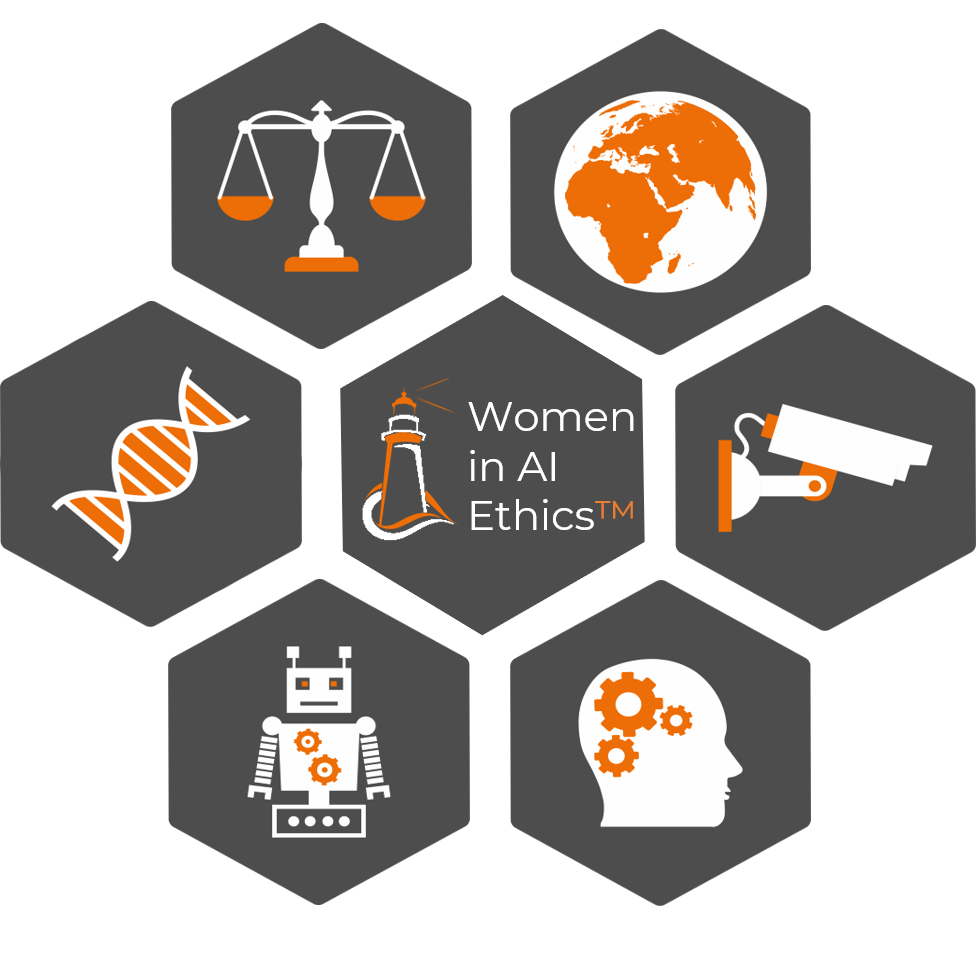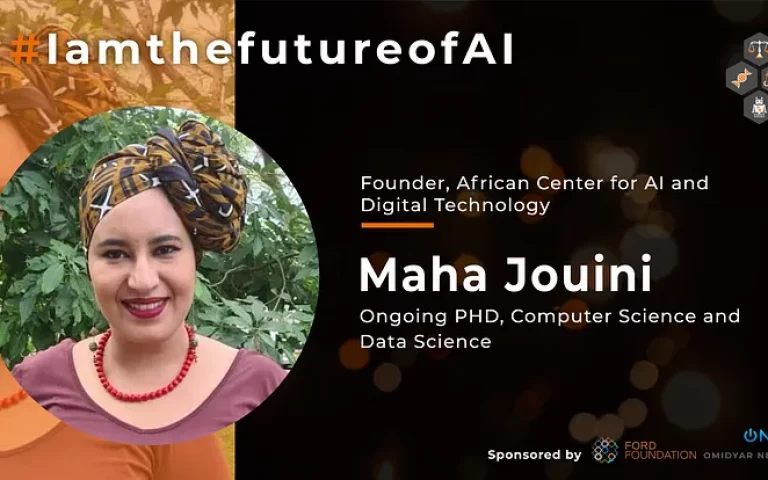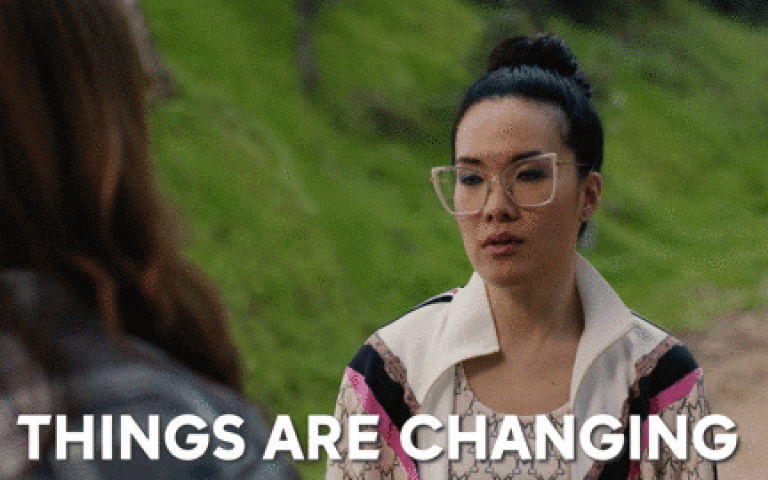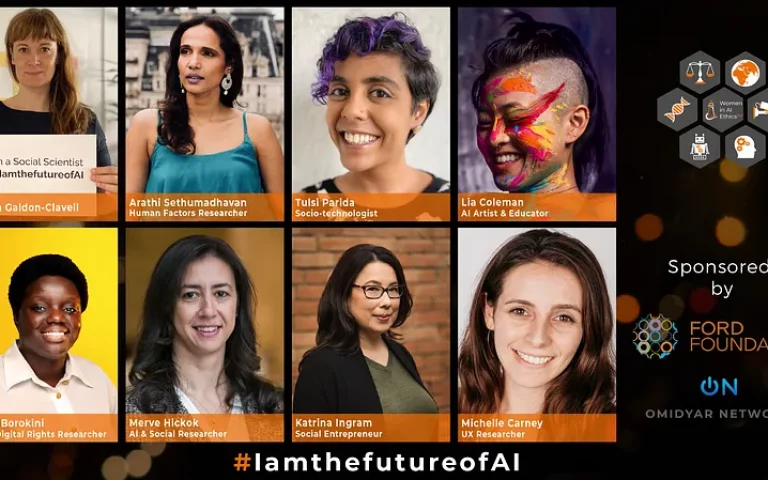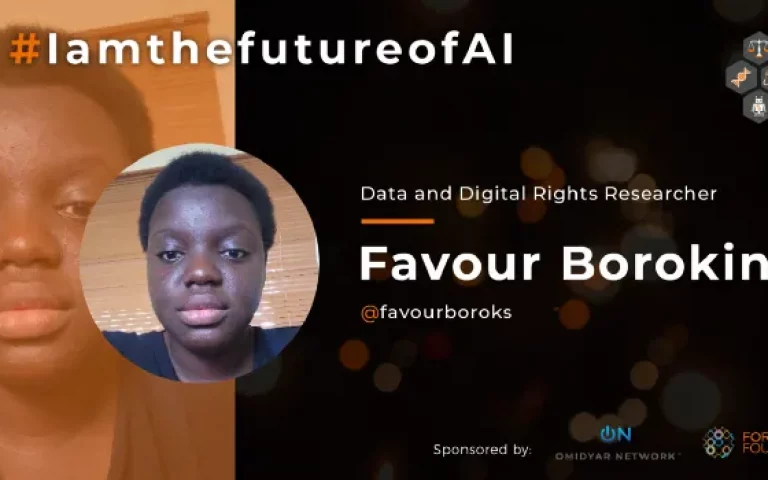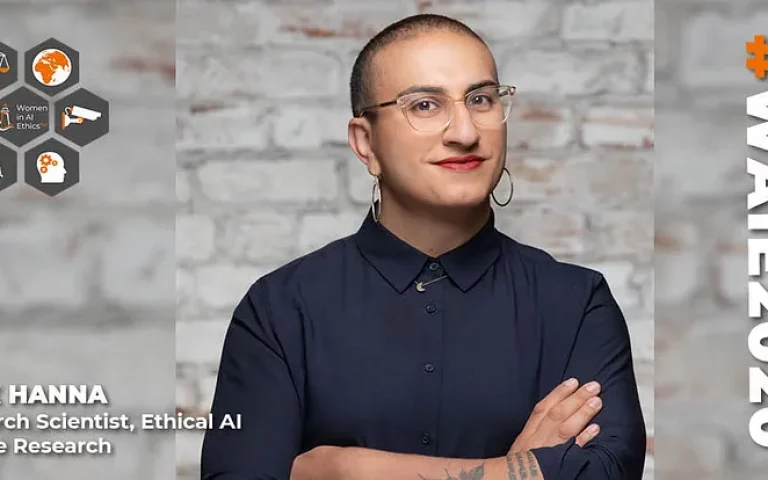
Tech media is buzzing with the news that “The Godfather of AI’ Geoffrey Hinton has quit Google and filling up our social media feeds with details about his concerns about AI. Hinton worked at Google for a decade before deciding that he wanted to opine freely about the dangers of AI, especially his own work.
“I want to talk about AI safety issues without having to worry about how it interacts with Google’s business.”
Many weren’t impressed with Hinton’s announcement, which prompted a blunt reality check from Dr. Safiya Noble.
“I know some people who warned that Google, & AI broadly, would be dangerous to society. But we didn’t collect $44M along the way & then shrug our shoulders about it.”
Her assessment is spot on for an industry where warnings from experts, who happen to be women, are routinely ignored and women barely get a fraction of the VC investments funneled to men based on little more than vibes. One could say that Hinton is trying to avoid the fate of Dr. Timnit Gebru and Dr. Margaret Mitchell, who were fired from Google for pointing out the risks of Large Language Models (LLMs). But Hinton is in no danger of retaliation or adverse backlash as he publicly announced his intention to continue advocating for his past employer.
“There’s a lot of good things about Google that I want to say, and they’re much more credible if I’m not at Google anymore.”
Hinton is joining a select cadre of other prodigious tech bro’s who had a sudden change of heart and now use their tech celebrity status to shill panic-as-a-business. As Maria Farrell points out, it’s part of their strategic plan to distract a ratings-hungry media and influence a credulous public.
“Allowing people who share responsibility for our tech dystopia to keep control of the narrative means we never get to the bottom of how and why we got here, and we artificially narrow the possibilities for where we go next.”
Whether it’s guns or AI, fear drives more sales and that’s what the tech billionaires are hoping as they publicly lament the existential risks of their AI products. Despite their feigned concerns, none of them intend to stop investing in this lucrative business. Their manufactured angst over imagined existential risks of the future is an effective marketing ploy, as evidenced by unlimited free press and endless media headlines. Buzz words like “sentience” and “singularity” are subtly shifting responsibility and liability away from the wealthy creators and to their machines.
Being in good standing with the tech giants is understandably lucrative. When there are millions and even billions of dollars at stake, the temptation can be hard to resist, as Hinton himself has admitted.
“I console myself with the normal excuse: If I hadn’t done it, somebody else would have.”
It’s a convenient rationalization for many self-serving tech decisions sending us spiraling down the rabbit hole of AI inevitability. The choice is posed as a binary — either you can get rich building something potentially harmful or you can let someone else enrich themselves. In this bias-to-profit world, many women who are opting to work on the ethics of AI are an anomaly and naturally, not the recipient of massive funding.
This inequity is painfully apparent as I look at the data from Women in AI Ethics, a non-profit initiative I’ve mostly self-funded since 2018, to increase diversity and ethics in this space. Many of our successes have been due to the unpaid work of women trying to prevent and mitigate the harms of AI. Oxfam calculated that globally, women’s unpaid care labor is valued at $10.9 trillion annually and this doesn’t include their volunteer labor to help and support the wider human community.
Recently, one of our advisors noted that I sounded exhausted and suggested that I should consider handing over my work to another well-funded entity if we didn’t meet our funding goal. This week was especially draining as I am dealing with the aftermath of being aggressively grabbed by a tech bro at a public event. It’s all too common for women in tech spaces to be harassed by tech bro’s and their fans. Every day is a painful reminder of the heavy lifting women have to do to keep themselves safe while these aggressors go on with their blissful lives.
Hinton’s coverage highlights how the media continues to platform the powerful and wealthy who are willing do and say anything to stay rich and relevant. It’s also one of the many reasons that despite 1000s of diverse experts in this field, we haven’t been able to end the scourge of all-white, all-male AI panels and often have to console ourselves with tokenism.
So yes, I could use a break from the thankless work of trying to fix these deeply-rooted structural inequities and systemic injustices. However, given that most “ethical AI” organizations are led by white men, handing over our hard work of centering diversity seems like a huge step backwards. It’s already an uphill battle to convince folks that erasure and exclusion of women is itself an ethics issue. It’s worse when you realize that even in philanthropy, race and gender are a key factor in who gets funded. It’s increasingly hard to ignore the irony of those championing equity normalizing the self-fulfilling cycle of giving more to those already flush with funds. So, it’s not a coincidence that Hinton’s announcement got a positive response and that wealthy white men and their well-funded representatives are dictating our technological future.
As tech billionaires continue upending human lives and everyone else is dismissed as “critic” “luddite”, “killjoy”, or worse…the question begs to be asked and answered, where do we go from here and what does this mean for the women in this critical space?
Should we only work on well-funded human replacement AI systems and ignore the less-lucrative work of addressing harms from these systems?
Should we let the tech overlords continue to underpay women and people of color, while taking credit for work by their “diversity hires”?
Should we leave it to the wealthy men in tech to pontificate about the risks of AI products and systems they continue building to enrich themselves?
There is another option and we all know what that is.
Hiring women and adequately funding minority-led work in tech ethics will address many of our current challenges. Those who say money won’t solve our problems have no qualms about using it to push their personal and political agendas. While for the rest of us, money keeps the lights on, lets us do the good work of making the world a better place, and it makes all the difference between an exhausted woman vs. a well-rested one.
In the end, nothing will change unless something changes and for things to change, we must start by funding those trying to change things.
